Built-in Payment System - Bison Relay
Bison Relay has a built-in payment system that allows for peer to peer payments and transmission payments (gas fees).

LISTEN TO THE PODCAST:
As said previously, Bison Relay has a built-in payment system that allows for peer to peer payments and transmission payments (gas fees). It may seem unusual that a sovereign internet / social media platform would charge usage fees to participate and interact, but this acts as both a privacy and a bad actor prevention mechanism.
In typical web2 applications, the service uses value extraction techniques to help pay for the running of the platform, all of which makes it impossible for users to have adequate privacy. Bison Relay’s transmission fee, is what’s used to incentivise the running of its infrastructure, along with other technology implementations, this also allows for the highest levels of privacy and sovereign user experiences. Currently, sending and receiving data is set at 1 atom (0.00000001 DCR) per 1 kB. Doing the maths, this means you can send and receive a text document of 1,024 characters for 1 atom.
Let’s give this a test by sending two text messages. The current sent balance with Phoenix is 3030 Atoms. The first message is just one word “Hello”, and as you can see from the transaction log costed 1 atom. The second text is 1,024 characters and also costs 1 atom to send.
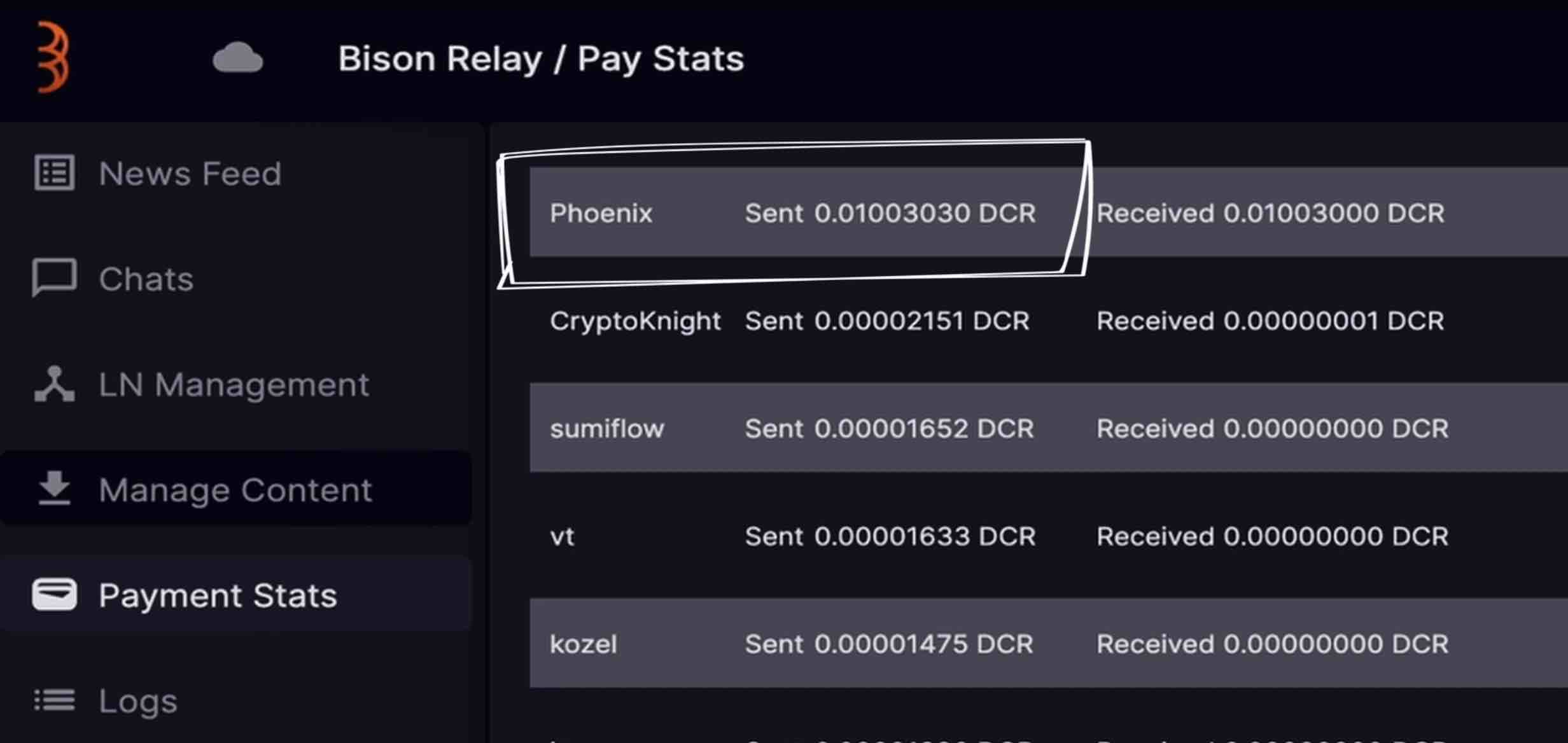
My next point is spam. Because there is a fee to transact, it would become prohibitively expensive and time-consuming to spam users message boxes and chat rooms in Bison Relay. The likelihood of people key exchanging with spambots would also be reduced as people remove or mute the spammer from their recipient list. In this system, spammers would end up paying a high price to talk to themselves. Which contrasts with the current email and social media systems, where spammers can send millions of emails and messages every hour at practically no cost and get a decent amount of exposure and engagement. Moreover, the users of these platforms are practically powerless to stop this action due to the fact it’s also free for spammers to create multiple accounts at zero cost or inconvenience.
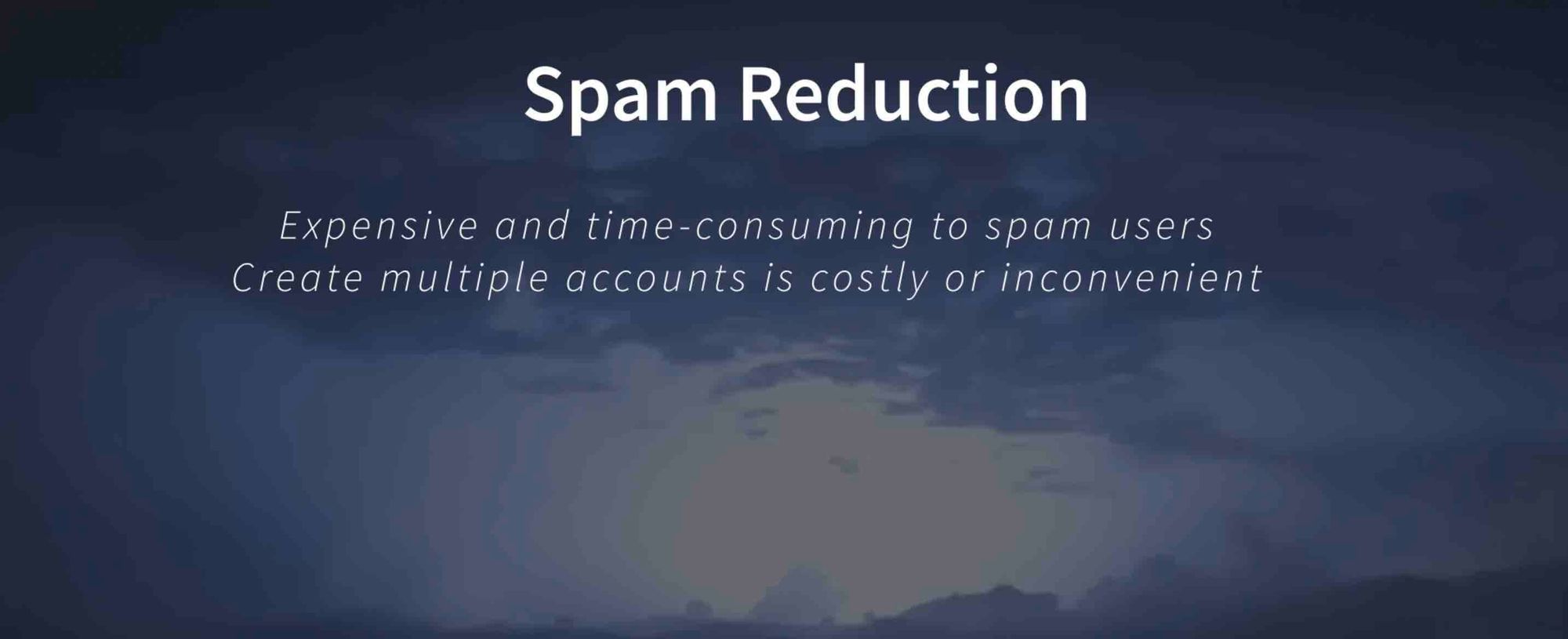
For typical Bison Relay users, these fees are trivial to the point that a user could interact with hundreds of people day in and day out, for a year, for less than a cup of coffee. Without giving up their privacy or being inconvenienced with spam and other value extraction.
Lightning Network Fees and payments
Let’s have a look at some common Bison Relay Lightning Network fees and transaction types. If we start by going to the “LN Management” tab, we get the overview section, which displays our balances. This account started with 0.6 dcr, this balance is split in the following ways:
- Max receivable
- Max sendable
- On-chain balance
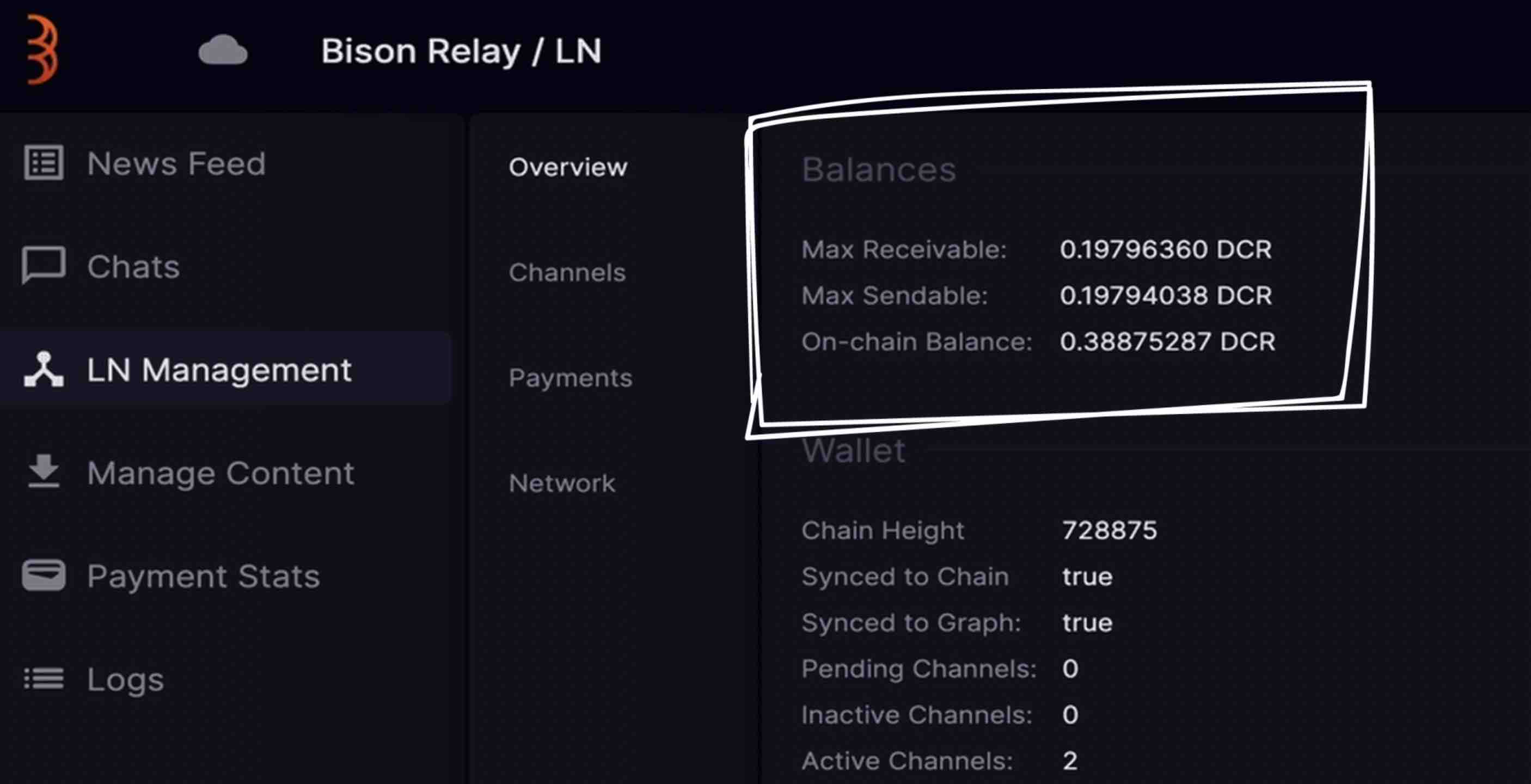
If we want a breakdown of our activities and fees, we can head over to the “payment stats” tab and click on any of the users. At the bottom, this will display all the fees associated with transacts with that person:
- Tip - This is when you receive a tip from someone. This can be for any number of reasons, including liking a post or donating to a fundraiser. With the Lightning Network it’s possible to tip someone a single atom (0.00000001) and the cost of tipping, no matter how much you tip, is also 1 atom and completes almost instantly. Which when you compare this to an on-chain transaction is incredibly impressive.
- paytip - is the amount you’ve tipped someone
- Posts - total fees paid to list a user's news feed posts
- Payfees - total fees paid for payload data
- gc - total fees paid for messages sent to them in a group chat
- sub - total fees paid for subscriptions
- getinvoicereply - total fees paid for replying to requests for payment invoices
- gettipinvoice - total fees paid to request an invoice for the purposes of tipping the user
- pm - total fees paid for private messages with them (direct messages between you and them)
- kx - total fees paid for key exchanges
- ftpaychunk - total fees paid to retrieve file chunks
- ftlist - total fees paid to get the list of available files
- mediateid - total fees paid to mediate keys between your network
- ftget - total fees paid for initiating file downloads
- kxsearch - total fees paid to search for active key exchanges
- ftlistreply - total fees paid to provide the user with your list of available files
- sendTransitive- total fees paid to repost messages (akin to retweeting)
The account demonstrated here is one that I have been testing quite heavily with for the past month. As you can see, all of these interaction fees have cost me about 2000 atoms (minus the tipping between accounts) which is a fraction of a penny or about the same price as a single Decred on-chain transaction.
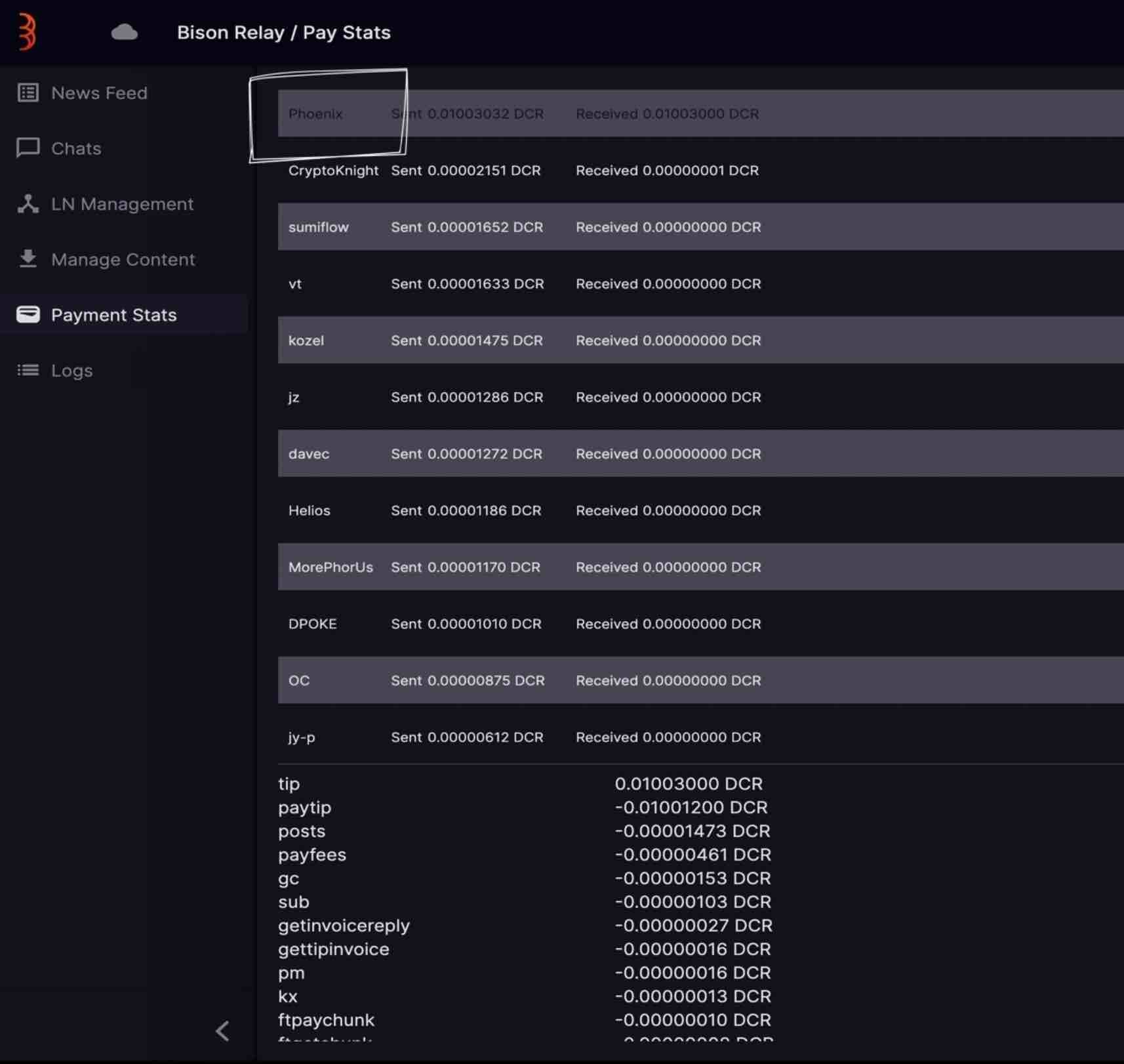
The Lightning Network is still very new to me and isn’t without its little quirks, but one thing I can say for certain is Bison Relay has taken this technology further than I previously thought possible. Even in its first release (which this is) I have been massively impressed with the user experience and the overall ease at which it works.
Stay tuned, in the coming weeks there’s a tonne of quality of life improvements to look forward to and some exciting new features. But what would you like to see?



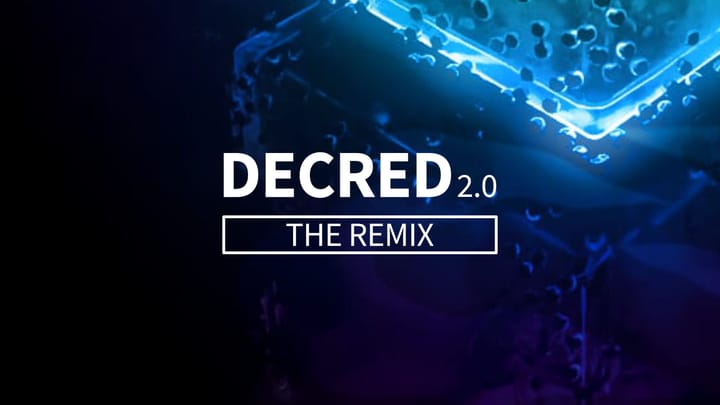
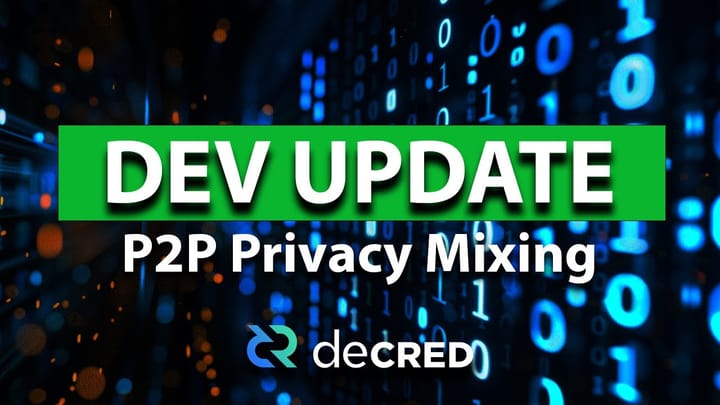
Comments ()